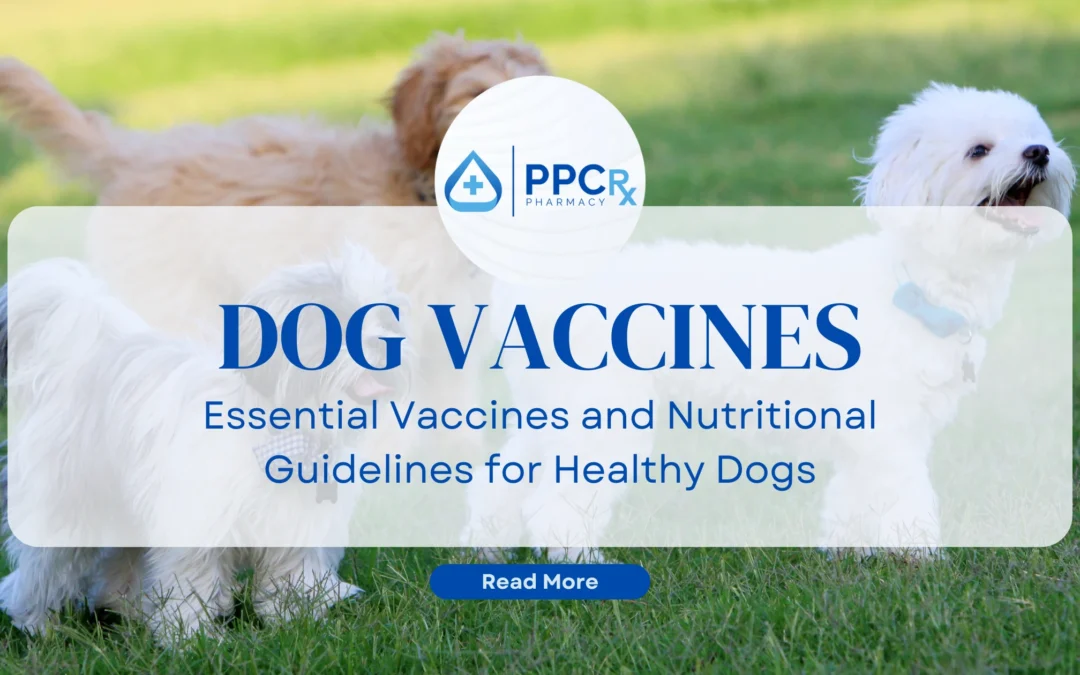As furparents, we cherish our furry companions more than anything. To ensure that they remain healthy and happy for many years to come, it’s crucial to prioritize their well-being. One of the most fundamental aspects of responsible pet ownership is providing essential vaccinations and a balanced diet. Neglecting these vital factors can put your beloved pet at risk of serious illnesses and diseases. This article will delve into the essential vaccines for dogs and provide recommendations for healthy food choices.
Essential Vaccines and Nutritional Guidelines for Healthy Dogs
Vaccinations play a vital role in preventing dogs from contracting life-threatening illnesses. While the specific vaccine schedule may vary depending on local health regulations and individual risk factors, here are some core vaccinations recommended for most dogs:
- Rabies: This is a mandatory vaccination in many jurisdictions. Rabies is a deadly disease that can be spread through a bite from an infected animal.
- Distemper: This viral disease can cause respiratory, gastrointestinal, and neurological problems.
- Parvovirus: Parvovirus is highly contagious and can lead to severe gastrointestinal symptoms, including vomiting and diarrhea.
- Canine Adenovirus (Type 1 and 2): These viruses can cause respiratory infections and hepatitis.
- Canine Coronavirus: This virus can cause gastrointestinal issues.
- Bordetella bronchiseptica: This bacteria can contribute to kennel cough, a respiratory illness often found in dogs housed in kennels or shelters.
It’s essential to consult with a veterinarian to determine the most appropriate vaccination schedule for your dog based on their age, lifestyle, and local disease prevalence. Additionally, booster vaccinations may be required to maintain protection over time.
Healthy Food Choices for Dogs
A balanced and nutritious diet is crucial for a dog’s overall health and well-being. When choosing dog food, consider the following factors:
- Quality Ingredients: Opt for dog food that lists high-quality protein sources, such as meat or poultry, as the primary ingredient. Choose dog food with minimal fillers and artificial additives.
- Nutritional Balance: Ensure the food provides adequate amounts of essential nutrients, including vitamins, minerals, and fatty acids.
- Age-Appropriate Formulas: Select food that is formulated for your dog’s age group, as nutritional requirements change as dogs mature.
- Health Conditions: If your dog has specific health conditions, such as allergies or digestive sensitivities, choose a food that is tailored to their needs.
While homemade diets can be nutritious, it’s crucial to consult with a veterinarian to ensure they are balanced and provide all necessary nutrients.Many commercial dog foods are both convenient and well-balanced. However, it’s essential to read labels carefully and choose reputable brands.
Keep a clean water source available for your dog at all times. While treats can be a rewarding incentive, they should be offered in moderation and selected for their nutritional value. To avoid potential health risks, refrain from feeding your dog table scraps, as many human foods can be harmful to them.
By ensuring your dog receives essential vaccinations and a healthy diet, you can significantly contribute to their overall health and longevity. Regular veterinary check-ups are also vital for early detection and prevention of health problems. A committed and informed approach to pet care will help your dog live a happy and fulfilling life.

